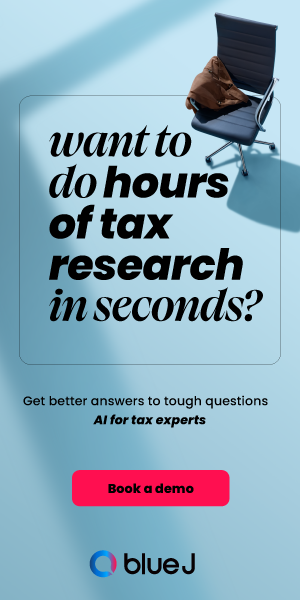Which elective modules should you choose in CPA PEP?

Your first real decision as to your career as a Chartered Professional Accountant
VANCOUVER – Congratulations! You’ve passed the core modules of the CPA professional education program (CPA PEP). Now it’s time to make your first real decision as to your career when you become a professional accountant.
Many students don’t have a choice, as both taxation and assurance are a requirement for public practice. But what if, like myself, you don’t intend to go down that path?
Having no guideline as to which elective modules to study, you really must consider your options. The first question you should ask yourself is what do you prefer — financial reporting (Core 1) or management accounting (Core 2)? Personally, I preferred management accounting and found Core 2 far more interesting than Core 1.
Look for complementary electives
The reason this question so important is because the electives provide more depth to financial reporting and management accounting. Here are the modules that generally pair well together:
1. Financial reporting, tax and assurance.
2. Management accounting, performance management and finance.
These groupings work well together because they are either backward-looking or forward-looking. Group one generally looks at the past (and sometimes the present), while group two looks to the future. Most accounting/finance careers will typically fall into one category — for example, public practice is almost entirely reporting past performance, while most finance careers look forward.
Therefore, it doesn’t make too much sense to opt for, say, finance and assurance as your electives, since they aren’t typically both required in any given career, and they don’t complement each other very well.
Since I’ve always preferred management accounting over financial reporting, and I don’t intend to go into public practice, the obvious choice for me was performance management and finance. While I admittedly find finance to be a tough subject with complex calculations, I felt this would be far more useful to me in the future than assurance or tax ever would be.
Weigh your odds in passing the CFE
Next, consider your strong points. Do you have much experience and knowledge in any of the electives? Are you weak in any areas? I work for a not-for-profit and have no experience in taxation; I don’t see it playing a big role in my career. I also found this the most difficult topic in Core 1.
All the signs pointed to me leaving tax. So I did.
But, if you’re thinking you suck at both finance and tax, and were hoping to take assurance and performance management, don’t let me hold you back. At the end of the day, as long as you pass the Common Final Examination (CFE) it doesn’t matter what you take. You still get to put “CPA” after your name.
But if you do care about learning topics that you actually intend to use in your future career, it might actually be better to select electives that are not your strong suit.
In the end, despite the fact that I’ve never been a maths wiz, I passed finance with distinction. I’m glad I chose it over an elective that would not have added value to my career as a CPA.
At the end of the day, you get three shots at the CFE. Worst comes to worst, you can always change your elected module to one that you are more confident in passing. Or, if you really want to add as much value to your skill set as possible, there is nothing stopping you from taking all four electives.
Hey, better you than me.
Andrew Knapman lives in Vancouver, B.C. and is a student in the CPA Professional Education Program through CPA BC. The views expressed in this guest blog are his own. Connect with Andrew through his LinkedIn profile and follow him on his journey to becoming a Chartered Professional Accountant through future blog postings on Canadian Accountant.










(0) Comments